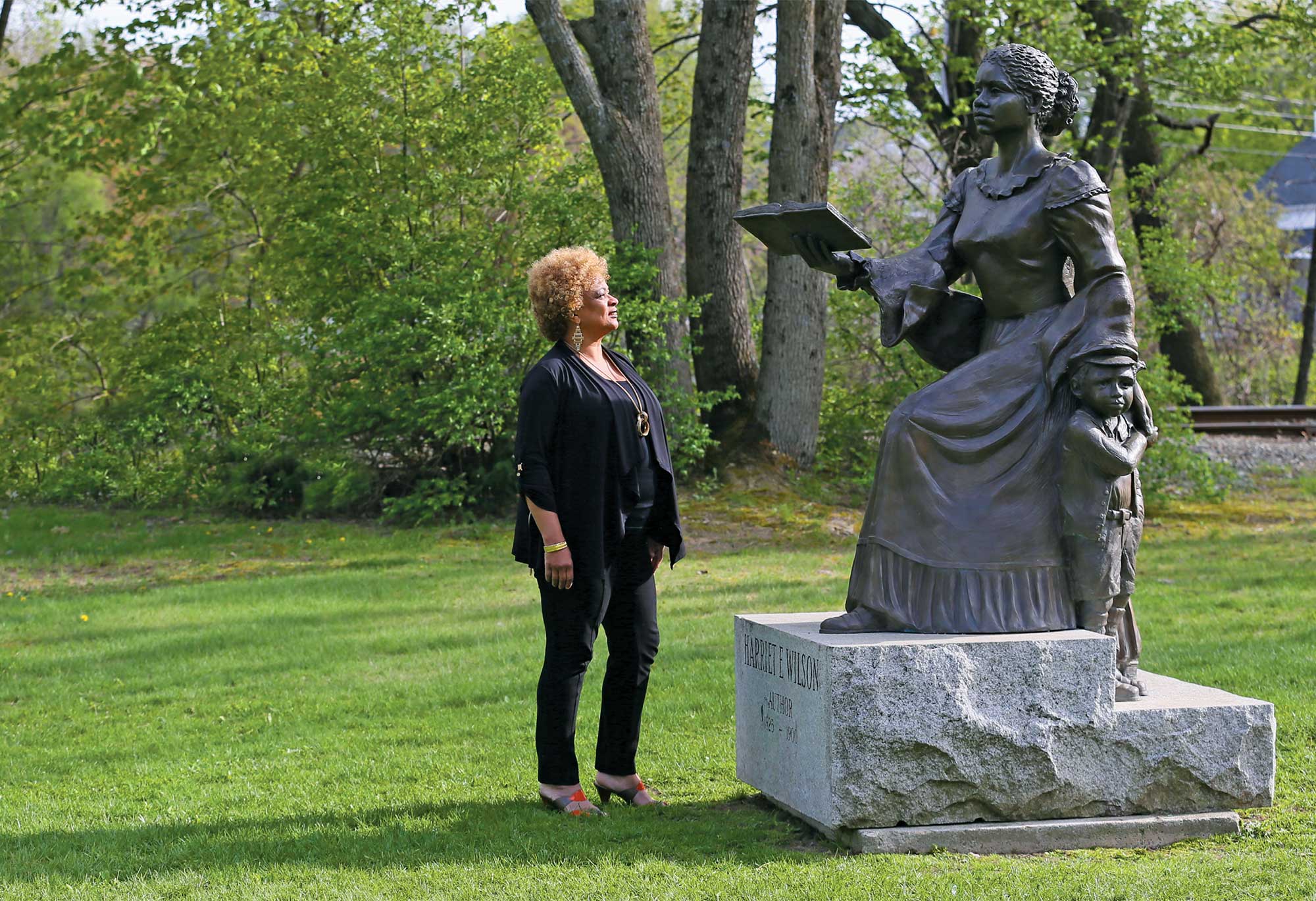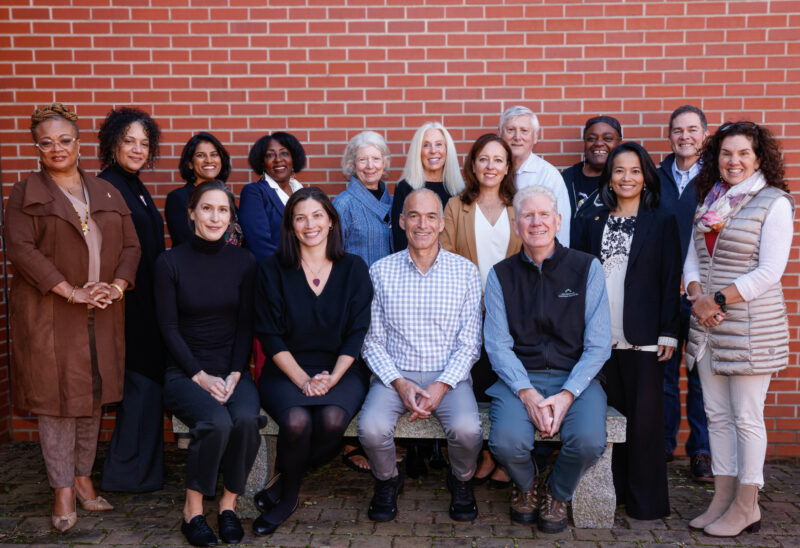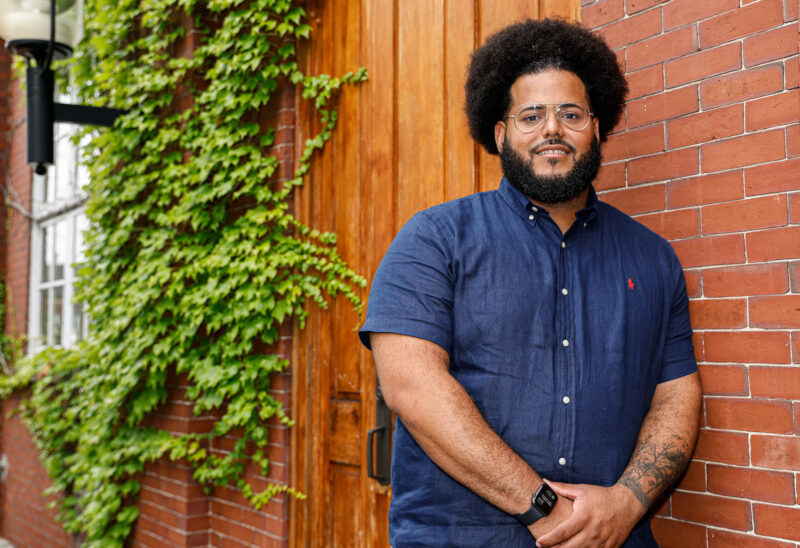A community of Revolutionary War veterans and their families in Newport. A Dartmouth-educated minister of an all-white congregation in Sutton. Business people. The founding mother and father of the town of Lempster. Fiddlers and dance callers. The first African-American woman ever to publish a novel. Laborers and healers. One of the country’s very first integrated schools, dragged off its foundation by an angry mob in Canaan. An African burying ground in Warner.
The early history of African-American settlement and community in New Hampshire is far more complex and substantial than is commonly understood.
“We have come to a place where we have forgotten these stories,” said JerriAnne Boggis, executive director of the Black Heritage Trail of New Hampshire.
History creates roots. If you cut out the roots, you are always starting new.– JerriAnne BoggisTweet This
“History creates roots. If you cut out the roots, you are always starting new. This history, being visible, creates a sense of belonging.”
The trail began as the Portsmouth Black Heritage Trail and documented sites along the Seacoast, including the Portsmouth African Burying Ground.
Under Boggis’ leadership, it has expanded statewide to ensure a richer understanding of our shared heritage. Many stories of African Americans were pushed, systematically, to the margins and shadows and grown-over
burial places. Careful scholarship is now bringing those stories back to light.
“If we could embrace our history,” Boggis said, “I think we could have a really good chance of healing race in this country.”

















